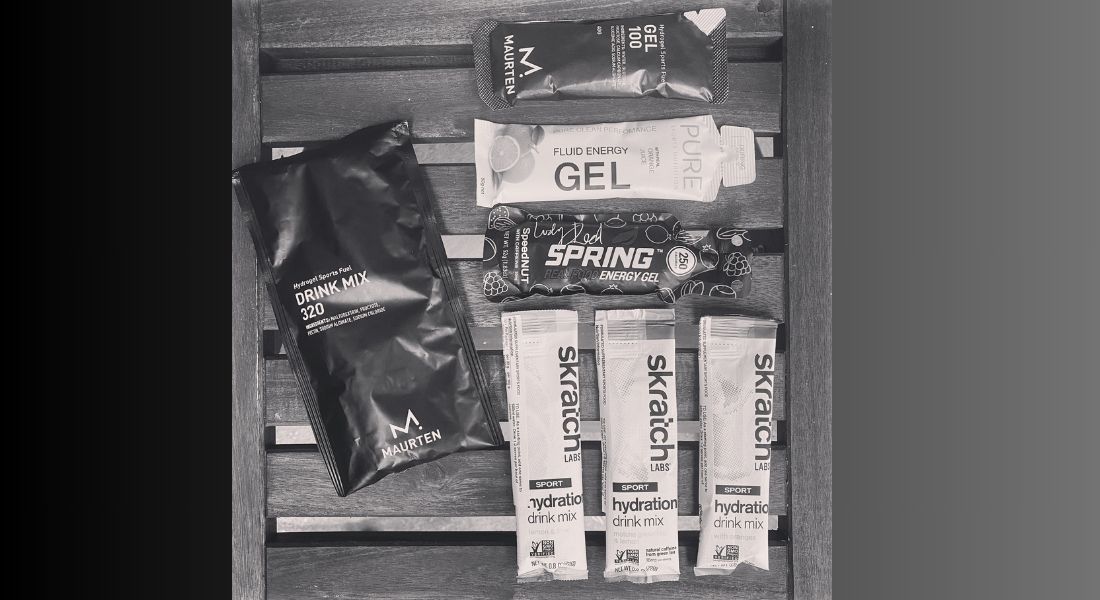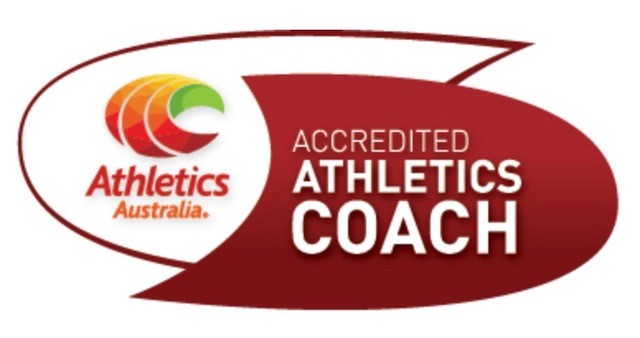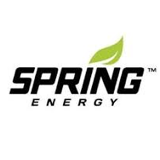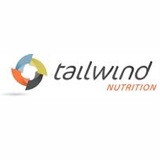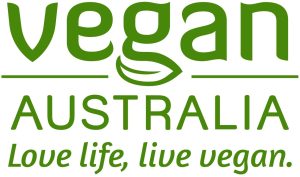How to train fuel intake for a marathon
Just like any finely tuned engine, your body needs the right fuel to perform — and for endurance exercise, carbohydrates are the preferred energy source. When consumed, carbohydrates are broken down into glucose and stored in your muscles and liver as glycogen. These glycogen stores are your body’s main energy reserve during long runs.
On average, it takes about 500 grams of carbohydrates to fully stock your glycogen stores. However, even when topped up, these reserves will only last about 60 to 90 minutes of running at 55–75% of your maximum heart rate. The harder you push, the quicker those stores run dry.
That’s why it’s critical to practise your marathon nutrition strategy during training. Use your long runs to trial different fuelling products — such as gels, chews, and drinks — to find what your body tolerates best. The golden rule? Never try something new on race day. Stick to what you know works.
So, what are your fuelling options?
Gels, Drinks or Solids
While gels are easy to carry, some runners prefer to consume carbohydrate drinks, which help to maintain hydration preventing the need to carry/consume additional drinks and are often easier on the stomach.
Other energy options include solids – such as energy chews or bars – which can also provide some welcome variety in texture and flavour and so work well if running for long periods of time.
Some products also contain caffeine, which can help to give a mental and physical boost during the last hours of a race, while others contain electrolytes which help the body to stay hydrated.
Gel Brands
The quantity of carbohydrate contained in a gel varies between brands. But, for example, if your gel of choice contained 23g of carbs, and you were following the consumption strategy for a marathon, you would take 6 x gels over a four-hour marathon to reach a carbohydrate quota of 34.5g of carbs per hour (136g carbs in total).
Maurten Gel 100 – Unique hydrogel technology helps to speed and increase carbohydrate absorption, while reducing the risk of digestive issues.
Spring Energy – High-intensity workouts require fast-burning carbs. Spring Energy’s Awesome Sauce provides healthy and diverse carbohydrates that are quickly processed and metabolised by your cells without the risk of GI problems. A balanced composition of different types of carbs prevents your digestive system from overloading.
SiS Gel – Packing 40g of carbs with a blend of maltodextrin to fructose to protect against digestive disasters and enable speedy absorption.
GU Gel – nutrition source that provided carbohydrates for energy, amino acids for muscle support and nothing else.
Huma Gel – Chia seeds remain core to its gels alongside real fruit, citric acid, sea salt, cane sugar and brown rice syrup. All-natural gel.
Hammer Gel – The long-chain complex carbohydrates content consistent energy fuel that the body needs without the insulin spike. It’s easy to digest with added four amino acids (L-Leucine, L-Alanine, L-Valine, and L- Isoleucine) to prevent muscle breakdown and enhance your performance during an intense workout.
Of course, there are plenty of other reputable brands on the market, including Koda, Endura, Pure Sports, and Precision Fuel & Hydration, just to name a few. If one product doesn’t suit your taste or sit well with your stomach, don’t worry — with so many options available, you’re sure to find a brand that works well for you both in flavour and digestion.
Bars (Solid)
Hammer Nutrition Energy Bars – Provides nutrient-dense complex carbohydrates and proteins. Made with organic, raw, natural, and whole ingredients that are easy to digest, absorb and provide all the nutrients that your body needs to sustain energy.
Maurten Solid Bars – Solid 225 contains 44 grams of carbohydrates, 260mg of sodium and 2.6g of protein – a perfect combination to refuel your body and optimise your training efforts before and after a workout and during event races.
Clif Bars – Contain a blend of complex carbs for sustained energy and simple carbs that your body can break down quickly for immediate energy. Protein and fat are major fuel sources as well, which balance the carbs out. Each bar contains 9-11g of protein, about 40 grams of carbohydrates and a blend of vitamins and minerals that aim to support energy and recovery.
Drinks
Tailwind Nutrition Fuel – Delivers fast-acting carbs from a dual-source dextrose-sucrose, plus an electrolyte balance that mimics sweat.
Maurten Drink Mix 320 – Mix it with 500ml water for a liquid sports drink containing a high concentration of maltodextrin and fructose. The sports drink converts instantly to hydrogel in the stomach, enabling a smooth journey to the intestine where the water, salt, and carbohydrates are absorbed.
Precision Fuel & Hydration – The PF 60 drink mix contains critical carbs electrolytes designed primarily for high-intensity efforts lasting 1–2 hours, though it remains a useful contributor to your energy needs over longer sessions.
Other carbohydrate options are chews:
- Clif Bloks Energy Chews
- Skratch Energy Chews
- GU Energy Chews
Hydration
Staying properly hydrated during a marathon is just as important as fuelling. Adequate fluid intake helps regulate your body temperature, maintains blood volume, and supports overall performance and safety during endurance running.
Your hydration needs will vary based on factors like your sweat rate, age, sex, body weight, running intensity, and environmental conditions. On average, most runners lose between 400 mL and 2,400 mL of fluid per hour through sweat.
General guidelines suggest consuming 300–800 mL of water per hour while running, but it’s essential to test and adjust this during training to match your personal needs. You should also aim to drink around 500–600 mL of water both before and after your run to aid recovery and reduce the risk of post-exercise dehydration.
Remember, it’s not just water you’re losing — your sweat also contains vital minerals like sodium. Replacing these lost electrolytes is key to maintaining fluid balance and preventing cramps, fatigue, and hyponatremia. Electrolyte tablets, sports drinks, or salt capsules can help replenish these minerals and enhance fluid absorption by drawing water into your working muscles.
Marathon Day
On race day, it’s crucial to have a well-planned nutrition and hydration strategy to support your performance and avoid hitting the wall. Begin taking on nutrition within the first 30 minutes of running to maintain energy levels from the outset. After that, aim to refuel every 30 to 40 minutes to keep your carbohydrate stores topped up. During the first three hours of running, the recommended intake is 30–60 grams of carbohydrates per hour, which can be achieved through energy gels, chews, sports drinks, or a combination of these. If you’re still running beyond the three-hour mark, increase your carbohydrate intake to 60–90 grams per hour to continue fuelling your muscles and delaying fatigue.
For hydration, preparation begins well before the starting line. About three hours before the race, start sipping water steadily—around 400–600 mL is typically sufficient—ideally with an added electrolyte tablet to help with sodium balance and fluid retention. This will ensure you’re adequately hydrated and that your electrolyte levels are optimized before the race begins. During the race, aim to drink small amounts regularly in line with your thirst and the weather conditions, incorporating electrolytes where possible, especially in warmer temperatures or longer efforts.
Planted Life Coaching
If you’re looking for expert guidance on race day nutrition, how to train your body to perform at its best, and how to incorporate nutrition into your training plan, don’t hesitate to reach out today.
